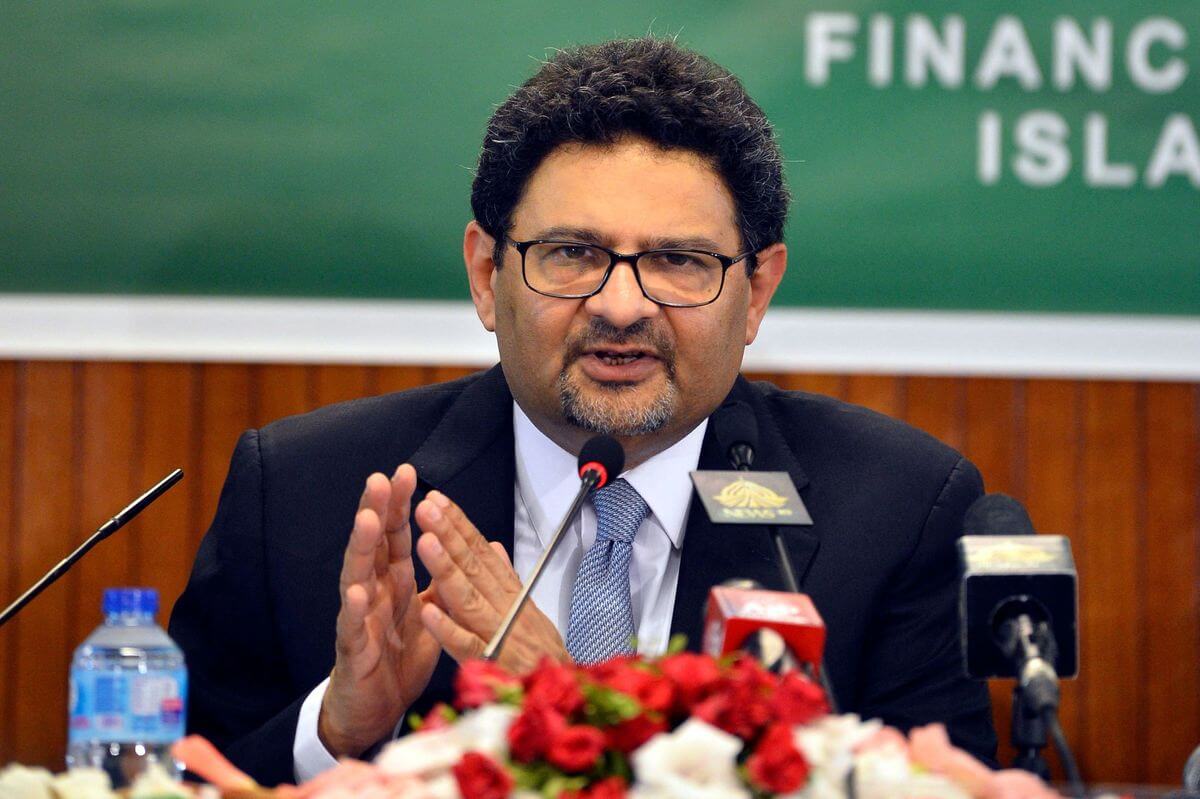Pakistan withdrew its import ban on non-essential luxury items, including mobile phones, cars, cellular phones, and home appliances, to meet the final condition put forward by the International Monetary Fund (IMF) as a prerequisite for a bailout agreement.
Finance Minister Miftah Ismail declared during a press conference: “We’re lifting curbs on all imports.” He claimed that the import duties collected would increase government revenue by Rs 14 billion ($65 million).
He said, “Before the August 29 board meeting to approve Pakistan’s loan request, the IMF had sought clarity about the timeframe to end import restrictions so we have decided to lift the ban.”
However, Ismail clarified that importing luxury goods—such as completely built-up (CBU) cars and appliances, and meat—will remain challenging, as the government is preparing to introduce regulatory and custom duties ranging from 300-600%.
Nevertheless, senior officials from the Federal Board of Revenue have warned that such high duties might not be possible due to limitations imposed by the domestic Customs Act and international agreements.
Finance Minister Mr. Miftah Ismail addressing a press conference along with Coordinator to the PM on economy Mr. Bilal Azhar Kayani and Coordinator to the PM on Commerce & Industry in Islamabad. pic.twitter.com/IbqV9jfl7C
— Ministry of Finance (@FinMinistryPak) August 18, 2022
Ismail further announced an 11% increase in cigarette taxes, imposing Rs. 36 billion ($166 million) in taxes on the tobacco industry. This is expected to generate Rs. 36 billion ($167 million) in government revenue. He said, however, tat no additional duties would be placed on industries seeking to import machinery to manufacture goods for export.
The finance minister also announced the details of the government’s Rs 50 billion ($231 million) “mini-budget” that aims to mitigate the impact of tax concessions for traders and the release of Rs 27 billion ($125 million) to Pakistan State Oil.
Furthermore, he said the sales tax rate of 5% and an income tax rate of 7.5% would remain in place until September 30. Thereafter, rates will stay the same for traders consuming less than 50 units of electricity. However, the general sales tax for others will rise to 12.5% and income tax to 20%.
Ismail argued that the import ban had achieved its goal of stabilising the economy and claimed it had decreased the trade deficit by 30%. He reassured that the country’s foreign exchange reserves will be revived with the funds expected from the IMF, adding that Saudi Arabia, Qatar, and the United Arab Emirates will provide an additional $4 billion
Ismail’s decision to lift the ban comes a day after Prime Minister Shehbaz Sharif denied a request to allow the import of 33 banned luxury goods that cover 860 tariff lines.
The Pakistani government introduced the import ban in May in a bid to revive the plummeting foreign exchange reserves that have dropped to $7.8 billion, enough to purchase just a month’s worth of imports.
Together we will overcome all the challenges with resolve and determination, InshaAllah! 🇵🇰 https://t.co/gIM7lqcjls
— Shehbaz Sharif (@CMShehbaz) May 19, 2022
Ismail said that authorities had no choice but to give in to the IMF’s demands to relax the ban. However, he defended the government’s decision to ban imports, saying, “When we have limited dollars and we have to feed a huge population, our priority automatically becomes [the nation]. We had to choose between importing cars and wheat—that’s why we imposed a ban [on non-essential items].”
The IMF’s board is scheduled to meet on August 29 to decide whether it will dispatch the $1.1 billion tranche as a part of the bailout plan for Pakistan, which is looking to increase its foreign exchange reserves to $16.5 billion by the end of this fiscal year.

